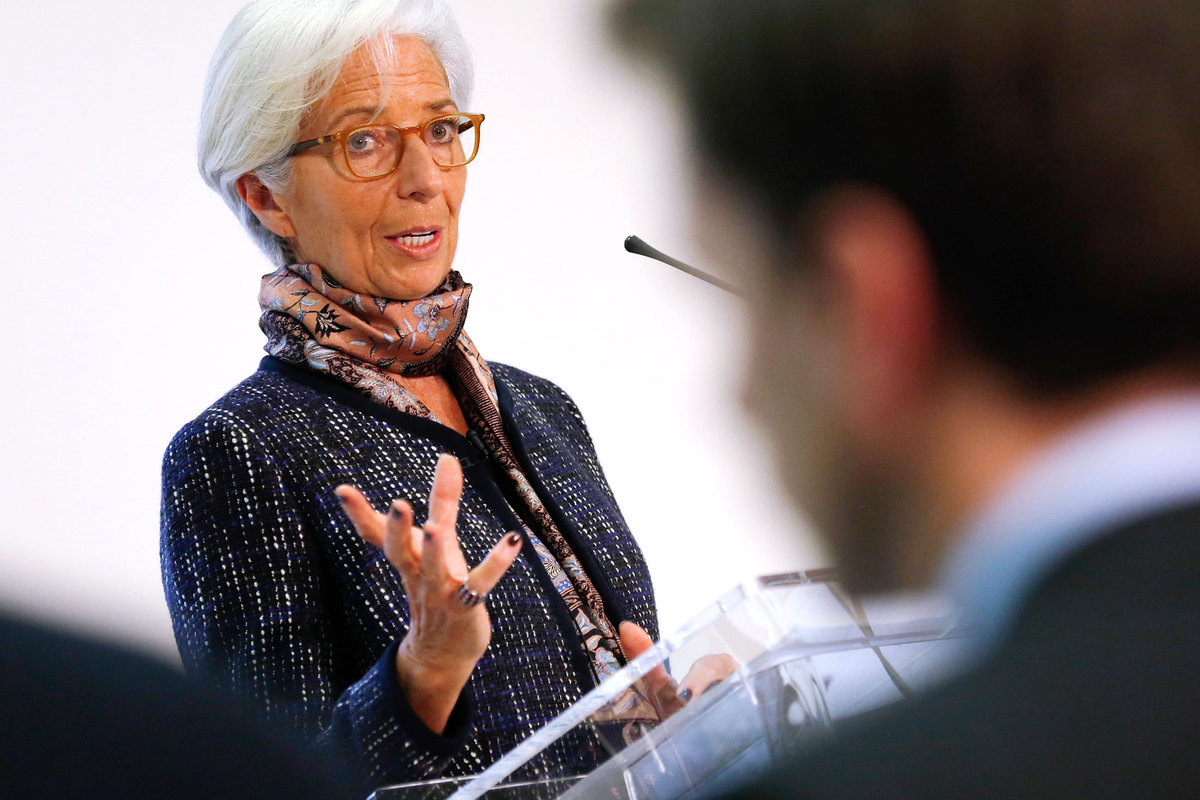- Rising Foreign Loans Risky for Exchange Rate – IMF
The International Monetary Fund says the Federal Government’s plan to refinance local loans with increased foreign loans may expose the economy to exchange rate risks.
The Washington-based Fund said on Monday that Nigeria’s plan to raise fresh foreign loans to reduce debt servicing costs could elevate its exchange rate risks.
The Federal Government is planning to issue $5.5bn debts by the end of the year, most of which will go to refinancing existing domestic debts, especially Treasury bills.
“The IMF understands the authority’s need to rebalance its portfolio of domestic loan to foreign debt,” the Director, African Department, IMF, Abebe Aemro Selassie, was quoted by Bloomberg to have said on Monday.
“Such a shift would, however, make the economy more vulnerable to exchange rate depreciation,” Selassie added.
The Federal Government is planning two issues, $2.5bn and $3bn, including a mix of Eurobonds and diaspora notes.
With the country’s Eurobonds yielding an average of six per cent, almost nine percentage points less than pricing for naira bonds, the government expects to reduce its debt service costs, which the IMF sees almost tripling to about 62 per cent of revenue this year.
The Director-General, Debt Management Office, Patience Oniha, said last month that she did not see any currency risks given the government’s growth plans that would generate more foreign exchange.
An economic analyst and Chief Executive Officer of Financial Derivatives Company Limited, Mr. Bismarck Rewane, said although he agreed with the IMF, the country had no choice but to borrow.
“I agree that we will be looking for more dollars to pay those debts. Those risks are there and genuine. But the problem is that we are between a rock and a hard place. This is the only option we have now. We either borrow to reduce our interest payments or refuse to borrow and face the other choice,” he stated.
The IMF also said political uncertainty in Nigeria, South Africa and some large economies in the sub-Saharan Africa region was compounding their economic challenges, resulting in a lack of clarity about the future direction of economic policy.
This is contained in the latest IMF Regional Economic Outlook report for the SSA, which was released on Monday.
The IMF said the political uncertainty was already weighing on consumer and investor confidence in the affected countries.
Economic and financial analysts have said that preparations for 2019 elections, which will begin next year, will force the government to give priority to populist economic decisions, jeopardising sound and long-term focused ones.
The IMF stated in the latest report that rising foreign borrowing and weakening financial services sector, among other issues, had increased vulnerability in Nigeria and other oil-exporting countries
The report read in part, “Vulnerability has increased in the sub-Saharan Africa region, notably, due to rising public debt, financial sector strains and low external buffers. Debt servicing costs are also becoming a burden, especially in oil-producing countries. In Angola, Gabon and Nigeria, they absorb more than 60 per cent of government revenues.”
“This vulnerability is being compounded by political uncertainty resulting in a lack of clarity about future direction of economic policy, notably in some of the region’s largest economies such as Nigeria or South Africa. This is weighing on consumer and investor confidence.”
In this context, the IMF said addressing fiscal vulnerability and unlocking constraints to growth were the key economic policy priorities for the region.
However, the report stated that any further postponement of fiscal adjustments would likely increase public debt above sustainable levels given the recent pace of debt accumulation.
Growth in the SSA is expected to pick up to 2.6 per cent this year from 1.4 per cent in 2016, according to the report.

 Forex3 weeks ago
Forex3 weeks ago
 Naira3 weeks ago
Naira3 weeks ago
 Billionaire Watch2 weeks ago
Billionaire Watch2 weeks ago



 Naira3 weeks ago
Naira3 weeks ago






 Naira2 weeks ago
Naira2 weeks ago




 Naira1 week ago
Naira1 week ago




 Naira4 weeks ago
Naira4 weeks ago






 Naira1 week ago
Naira1 week ago
























